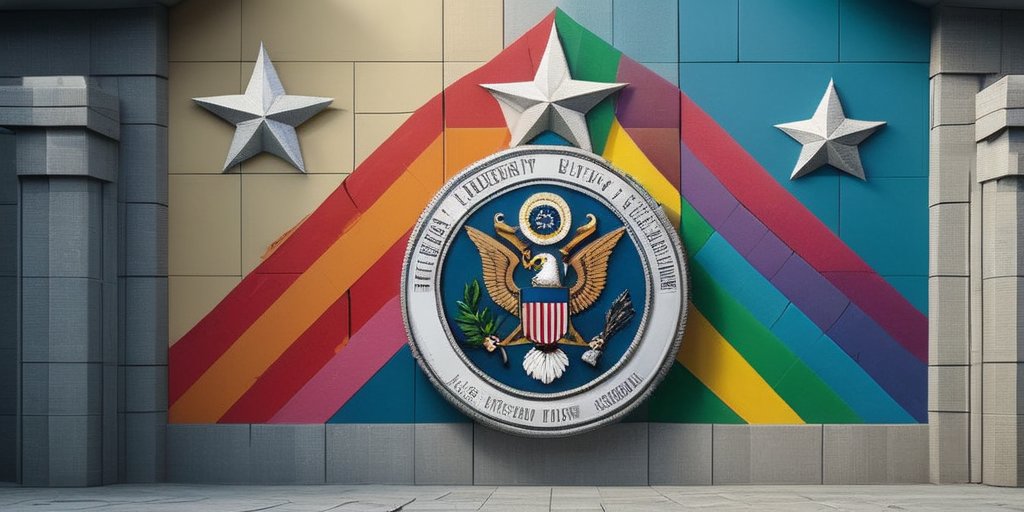In a significant and controversial decision, the Supreme Court recently allowed the Trump administration to proceed with a ban on transgender service members in the military. This policy, which targets individuals diagnosed with gender dysphoria, has caused deep emotional and operational turmoil within the armed forces, echoing the painful memories of the ‘Don’t Ask, Don’t Tell’ era.
One Navy sailor, Benjamin Kibler, embodies the struggle many face under this new mandate. Having served commendably for 13 years, Kibler joined the Navy seeking purpose and a path to honor his late father’s memory. Yet, as the Trump administration intensified its efforts to eliminate what it branded ‘wokeness’ from the military, Kibler received news that shattered his ambitions — he would have to separate from the Navy he loved due to his identity as a transgender individual.
The new Pentagon memo clearly states that service members with a diagnosis or history of gender dysphoria would be processed for discharge. This directive raised alarms about military readiness and the loss of vital skills at a time when the U.S. faces various global challenges. For Kibler, the rapid transition from being selected for promotion to facing involuntary separation felt surreal. “It’s a systemic denial of identities that contribute to the Navy’s mission,” he stated.
The Trump administration’s rationale for the ban claims that those diagnosed with gender dysphoria undermine military readiness and cohesion. However, many, including Kibler, argue that the policy itself is what truly harms readiness. “How can the military claim to be cohesive by removing capable individuals?” Kibler questioned, pointing to the administrative burdens that the separation creates on those left behind.
The issue of identity within the armed forces is complex and deeply personal. As Kibler narrated his journey, he reiterated how important it is to serve while being true to oneself. “Nobody cared about my identity; they cared if I did my job well,’ he reflected, highlighting the support he received from his peers throughout his service.
Kibler’s story is one of countless examples of how the current political climate is drawing lines within military ranks, leading to a divide between service members based on gender identity. Friends turned into allies connected through shared experiences and struggles, testifying to the emotional strain and ongoing trauma experienced by many LGBTQ+ service members today.
As the military celebrates its rich history, political figures like Trump speak of valor and strength while simultaneously undermining the very identities that compose the fabric of its forces. The painful truth remains that the military community must now face the harsh realities of a rapidly changing environment, where being accepted could once again depend on who you love or how you identify.
With the looming questions regarding legality and future implications, it is clear that the journey for acceptance and respect within the military continues. As more individuals like Kibler share their stories, the conversation grows, challenging the perception of a cohesive and inclusive armed force under the administration’s banner of exclusion.
